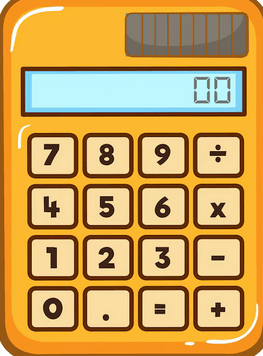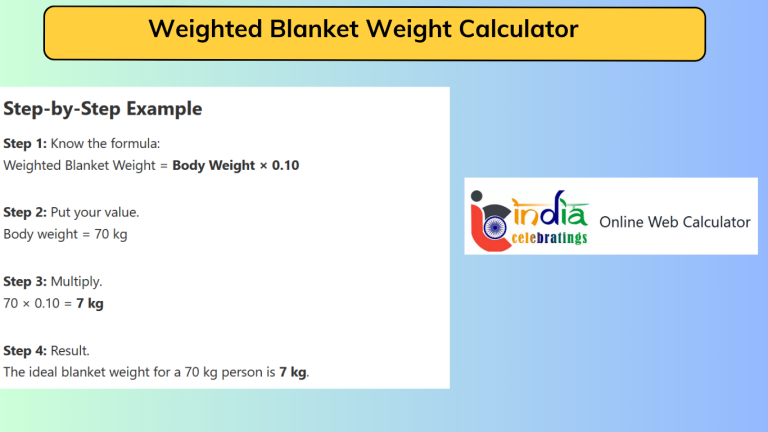Ranked Positional Weight Calculator
The Ranked Positional Weight Calculator is simply a tool that helps you assign and compare importance to items in an ordered list. When you have several items and you know which ones matter more, this calculator shows you how to weight each item based on its rank.
It shows you how to turn “first, second, third” into numbers that make sense. It makes the process clear. It helps you see where your focus should be.
Why you calculate the Ranked Positional Weight
Imagine an engineer is teaching a team of learners. He shows them a list of project tasks: Task A, Task B, Task C, Task D. Each task has different importance. His team is present now.
He says: “We need to give bigger weight to Task A because it matters most.” He asks: how do we do that simply? So he uses a ranked positional weight calculator. He assigns rank 1 to Task A, rank 2 to Task B, rank 3 to Task C, rank 4 to Task D.
Then he finds numeric weights: maybe Task A gets 0.50, Task B gets 0.30, Task C gets 0.15, Task D gets 0.05. In this way, the team knows which task matters most and how much each matters. They are using the calculator to organize their priorities.
How to calculate the values using the formula
First know the formula:
Weight of rank r=∑k=1n(1/k)1/(r)
Where r is the rank of the item and n is total items.
Secondly list your items and assign ranks. In our example: n = 4. Ranks: Task A = r=1, Task B = r=2, Task C = r=3, Task D = r=4.
Third compute denominator: sum of 1/1 + 1/2 + 1/3 + 1/4 = 1 + 0.50 + 0.33 + 0.25 = 2.08.
Fourth compute each weight:
- Task A: (1/1) / 2.08 = 0.48
- Task B: (1/2) / 2.08 = 0.24
- Task C: (1/3) / 2.08 ≈ 0.16
- Task D: (1/4) / 2.08 ≈ 0.12
Fifth check sum: 0.48 + 0.24 + 0.16 + 0.12 = 1.00 (approx). Thus the weights add to 100%.
FAQs
What is a ranked positional weight?
It’s a number that shows how much importance you give to an item based on its position or rank in a list.
When should I use this calculator?
Use it when you have tasks, choices or criteria ranked by importance and you need to convert ranks into weights.
Does the sum of all weights equal one?
Yes—when you calculate correctly, all weights add up to 1 (or 100 %) so you know the full importance is covered.
Here’s a quick trick:
You can calculate approximate weights manually by writing 1, 1/2, 1/3 … then divide each by their sum. Yet using the ranked positional weight calculator makes it fast and less prone to mistakes. So you can stay focused on the results rather than the math.


